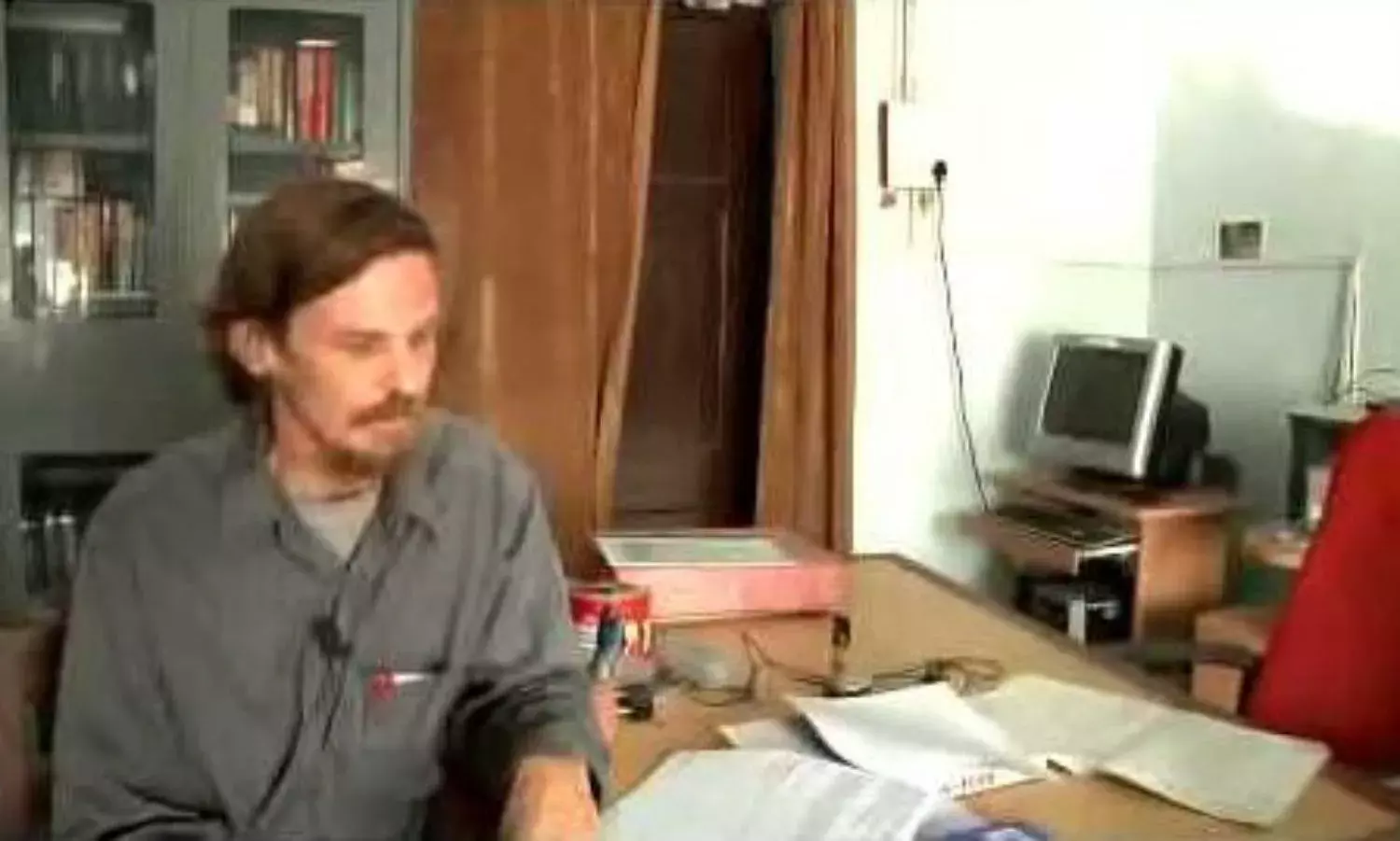'Hindutva Is Better Described as a Movement of the Oppressive Minority': Jean Dreze
An interview with Jean Dr'ze

How would you differentiate between economic growth and development?
Economic growth is a means, development is an end. Development is about improving the quality of life and expanding human freedoms – freedom from hunger, poverty, disease, exploitation, violence, and so on. Economic growth can help, so far as it raises private incomes and generates public revenue that can be used to provide public services. But much depends on the character of the growth process, for instance whether it is participatory and generates employment. There is no automatic connection between growth and development.
Do you find any change in India’s sociopolitical character since 2014, under the Modi government?
The Modi government is largely an offspring of the Rashtriya Swayamsevak Sangh (RSS). The declared ideology of the RSS is Hindu nationalism, expounded by thinkers like Savarkar and Golwalkar, of whom Modi is a great admirer.
The growth of Hindutva, as I see it, is essentially a backlash of the upper castes against the egalitarian demands of democracy. Its main targets are not just Muslims but also Christians, Dalits, Adivasis, communists, secularists, rationalists, feminists, in short anyone who stands or might stand in the way of the restoration of the Brahminical social order that places upper-caste men at the top.
Though it is often called a majoritarian movement, I think Hindutva is better described as a movement of the oppressive minority. It is restrained by the Constitution, but that may not last much longer.
Meanwhile, the hold of the RSS on the Modi government has emboldened this oppressive minority and its shock troops. An unprecedented wave of attacks on Hindutva’s perceived enemies has taken place in recent years.
However, growing sections of the target groups are opening their eyes to this oppression. Hopefully, they will give it a fitting response in next year’s parliamentary elections.
What is lacking, unfortunately, is a constructive alternative.
What has the Modi government’s approach been to pro-people policies such as the national rural health mission, the National Food Security Act (NFSA), the right to information, the National Rural Employment Guarantee Act (NREGA), or midday meals in schools?
I don’t think that the Modi government has a coherent social policy. But by and large, the attitude towards these social programmes has ranged between indifference and hostility.
In the early days of the Modi government, most of these programmes came under attack. Unsuccessful attempts to restrict NREGA gave way to grudging acceptance of it. In the 2015-16 Union Budget, financial allocations for midday meals and the Integrated Child Development Services (ICDS) were slashed by a staggering 36% and 50% respectively, though this was partly reversed later under public pressure.
The central government’s contribution to social security pensions has been kept at a measly Rs 200 per month year after year, despite an appeal for more from 60 eminent economists. Women’s right to maternity benefits of Rs 6,000 per child under the NFSA has been brazenly violated for five years.
Even the Right to Information Act has come under attack recently. These are just some examples of the Modi government’s lack of interest in social policy.
The only significant initiative in this field in the last five years has been the Swachh Bharat Mission, if you overlook its authoritarian character. Ayushman Bharat may look like another one, but with its microscopic budget, for now it is just an eyewash.
In a recent report, it was shown that BJP-ruled states do not give children eggs as part of their midday meal. How do you see this from the perspective of the recepients, who belong to the lowest strata of our society?
The reluctance of the BJP-ruled states to include eggs in midday meals is a big loss for children. Eggs are an excellent source of animal protein for growing children; in fact they contain most essential nutrients except vitamin C. They are also relatively safe, tasty and affordable.
Most of the non-BJP states are now providing eggs in schools and anganwadis, with an alternative option like a banana for children who do not eat eggs. Unfortunately, the BJP-ruled states seem to be under the influence of upper-caste vegetarian lobbies. These lobbies have a distorted version of vegetarianism. Firstly, eggs should be considered vegetarian, as Gandhi himself argued long ago. Secondly, vegetarianism is about your own food choices, not imposing these choices on others.
What parallel do you find between economic inequality and inequalities based on identity, like caste? How do we tackle them?
It seems to me that universal quality education is the most important means of tackling both in India at this time. Under the term quality education, I would include imparting egalitarian values among children and teaching them to hate and fight the caste system. Nothing like that is happening in Indian schools today.
Of course, there are also other means of reducing economic and social inequality. For instance, a transition to proportional representation, instead of the archaic first-past-the-post system, would facilitate the emergence of committed Dalit leaders who are not constantly distracted by the need to win upper-caste votes.
To reduce economic inequality, you need action at both ends of the income and wealth distributions: top and bottom. At the bottom, India is doing far too little to ensure the basic requirements of dignified living, including quality education and universal health care.
At the top, the rich are pampered no end. India has no wealth tax, no inheritance tax, low marginal tax rates on high incomes, and plenty of tax exemptions. All this is begging for change.
What are your views on Aadhar and its implementation?
I am opposed to Aadhaar, certainly in its present form, because it creates a dangerous infrastructure of surveillance and gives too much power to the state over the citizens.
As it is, democratic institutions are being hollowed out one by one, and the last thing India needs today is stronger tools of authoritarianism.



